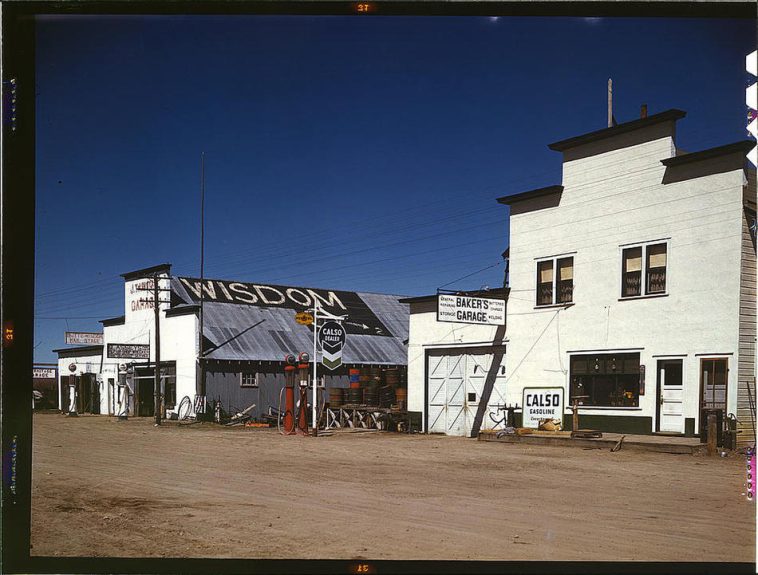The Apostrophe Blog
It is always good to have a series of questions to ask the draft of a poem. Interrogating your work is, in my opinion, a key element of the necessary revision process.
Thanks to Bob Haynes—an outstanding teacher I worked with back in 2005 and 2006 via Writers on the Net—for the insights and wisdom that are below.
1. Why should the reader move from the first into the second line?
2. Is the language fresh? Does the piece create mood, tone, image, a sense of journey, and provocation?
3. Who are you? Who are they, the things?
4. Is it your own voice in the poem, or one of them? Is it original to your own imagination?
5. Watch for stereotyping, easy emotion, sentimentality, and clichéd phrases. Get to the gut of it. Cut the rest—the trick is significant details. Emphasis should be on the significant, i.e., why does this poem matter?
6. Where are we? What time is it?
7. Are you working with literal or figurative images? What is the central metaphor if you are working with tropes? Do you stay inside the language of the similes, metaphors, and/or metonyms?
8. What’s the weather? Are the verbs moving and kinetic or clichéd, overused, bought up?
9. Is it self-conscious? Faulkner put it this way: “Kill your darlings.” Yes, darlings. Don’t get carried away with the lines, images, or the music.
10. Observe. Participate—stay inside the work. Let us feel your own sense of surprise, longing, grief, joy.
11. Trust your own voices. Discover new ways of saying it.
12. Where is it too drawn out?
13. Suggest rather than explain your meanings.
14. Don’t rationalize every nuance or aspect of the voice, the image, the action, even the meditation for that matter.
15. More than what is necessary is too much. Every word, line, image, and stanza should contribute to moving the poem’s underlying imagination into its vision.
16. Where is it undeveloped? What facts/feelings are missing? What particulars and gestures are incomplete, what metaphors obscure, what images off the mark?
17. Was it too painful, a certain memory, the first time you wrote about a painful moment? Where does the poem become too abrupt? Where does it lose its momentum?
18. Keep that element of discovery, your own discovery, working in every word. You can start all over when you revise. You may end up with two poems to revise.
19. Where is it too abstract? Strive to recognize your vague passes. Particular things, sizes, degrees, objects, suns, moons, sons…that is what we are always after.
20. Let each thing have its own expression, place, and being in the writing. This requires great observational skills: listening, seeing, touching, tasting. All of them.
The public domain Farm Security Administration photograph of Wisdom, Montana was taken by John Vachon in April 1942.
- Published but Uncollected: “My Bikini Goes to Goodwill” - June 17, 2025
- So Much Beauty… - May 27, 2025
- Blank Verse: Old-Fashioned Yet Modern - May 25, 2025

